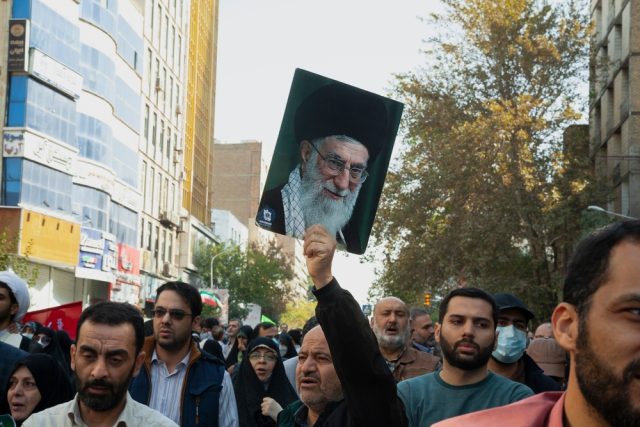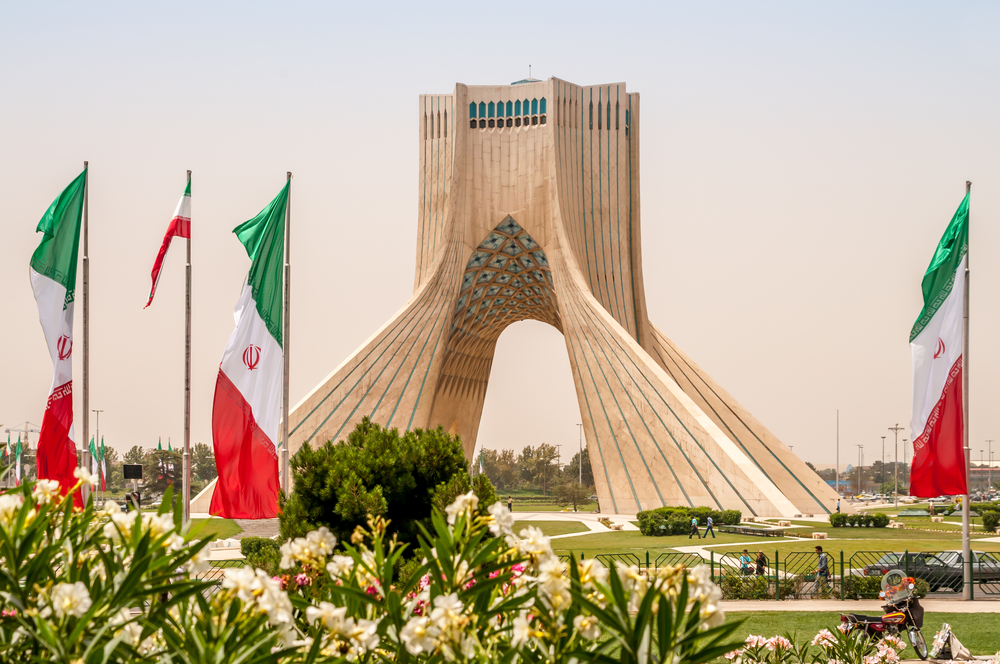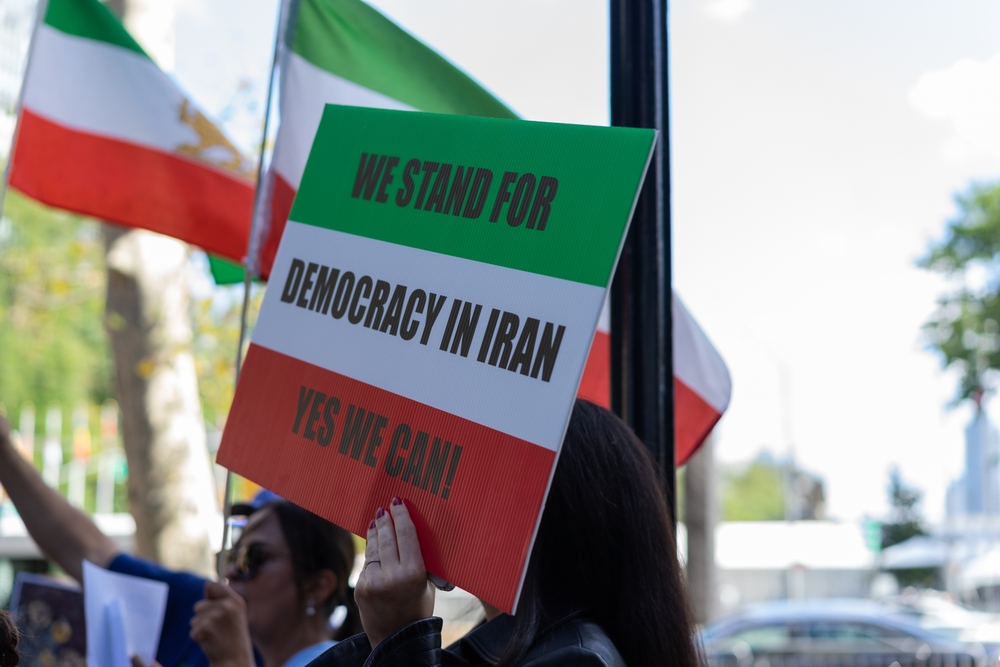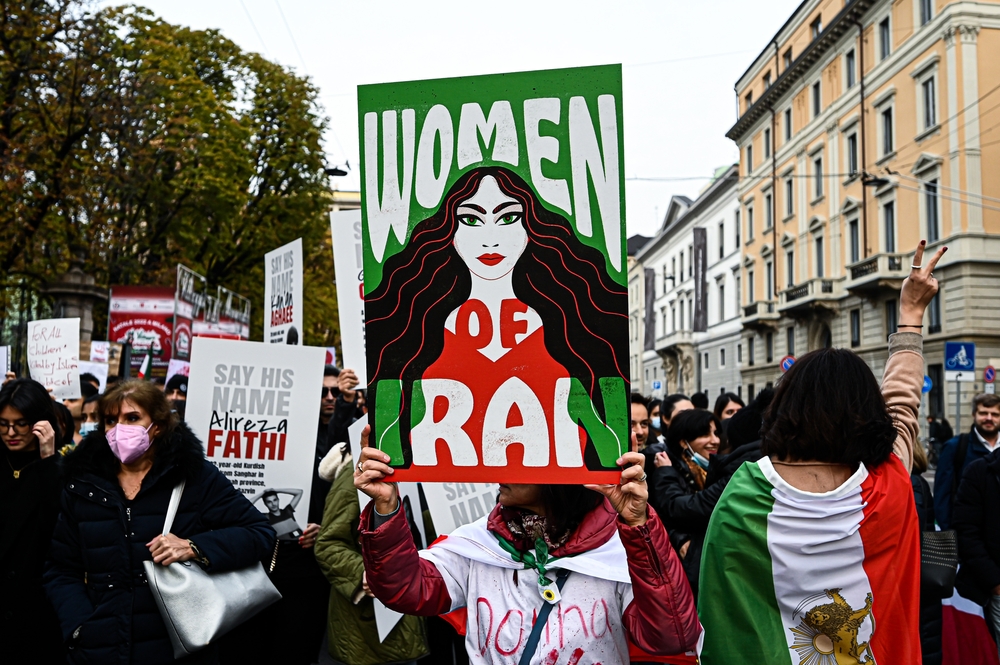
The Islamic Republic towards legislative elections
In the first week of March, Iran also goes to vote contributing to making 2024 one of the years with the most electoral consultations. While it is certainly acknowledged as a Country that is not a great liberal democracy, however, it plays a fundamental role on the geopolitical chessboard where is in the opposite camp to the West.
Both the Parliament and the Assembly of Experts go to vote; they are the only organs having the authority to vote for the election or dismissal of the Supreme Leader. However, the list of elected members must be approved by the Ayatollah before they can exercise their power. The Assembly serves for 8 years and is a fiduciary body that will likely reconfirm Ali Khamenei, who will turn 85 this year.
 The parliamentary elections, however, are particularly important: in 2020 the Conservatives led by Gholam-Ali Haddad-Adel, who govern the Parliament, the Assembly of Experts, and the Council of Guardians of the Constitution, won by a landslide. Essentially, they completely govern the country, after having largely defeated the Reformists of Hassan Rouhani, who presided over the Republic from 2013 to 2021, succeeding Mahmud Ahmadinejad. Today, although Gholam-Ali continues to lead the Conservatives, the President is Ebrahim Raisi, who in 2021 won with 62% of the vote and is considered the main candidate to succeed Khamenei.
The parliamentary elections, however, are particularly important: in 2020 the Conservatives led by Gholam-Ali Haddad-Adel, who govern the Parliament, the Assembly of Experts, and the Council of Guardians of the Constitution, won by a landslide. Essentially, they completely govern the country, after having largely defeated the Reformists of Hassan Rouhani, who presided over the Republic from 2013 to 2021, succeeding Mahmud Ahmadinejad. Today, although Gholam-Ali continues to lead the Conservatives, the President is Ebrahim Raisi, who in 2021 won with 62% of the vote and is considered the main candidate to succeed Khamenei.
It is important to keep in mind that the Iranian Conservatives are very rigid political forces. They are hostile towards the United States and the West and are Islamic fundamentalists. They are also the descendants of the Iranian revolution, which overthrew the Shah of Persia and established the current theocracy. On the other hand, the Reformists have always been more inclined towards dialogue and have sought to improve relationships. Therefore, we must look at Iranian politics from a different perspective than what we are used to.
 It should be noted that there are no polls available to predict the possible results of the election. However, what’s interesting is the number of candidates who registered to run for parliament. The registration window was open for only 7 days, yet a staggering 48,847 nominations were received, setting an absolute record. Out of these nominations, 75% were under the age of 50, and 1,713 were women, which is more than double the number of women who ran in 2020 (819). Despite the high number of nominations, only 15,200 applications were approved due to the strict filtering process by the Guardian Council. It’s believed that 20-30% of the approved applications belong to the reformist candidates.
It should be noted that there are no polls available to predict the possible results of the election. However, what’s interesting is the number of candidates who registered to run for parliament. The registration window was open for only 7 days, yet a staggering 48,847 nominations were received, setting an absolute record. Out of these nominations, 75% were under the age of 50, and 1,713 were women, which is more than double the number of women who ran in 2020 (819). Despite the high number of nominations, only 15,200 applications were approved due to the strict filtering process by the Guardian Council. It’s believed that 20-30% of the approved applications belong to the reformist candidates.
It is expected that the voter turnout will be low due to both protests and fear of repression. Nevertheless, it is noteworthy to see the Iranian people taking a strong stance toward changing the political landscape of their country through activism.

Activism is certainly influenced by the great wave of protests following the killing of Mahsa Amini, protests that
have been ongoing for more than a year having started on 16 September 2022 and have not yet ended. There were over 18,000 arrests and unfortunately more than 500 people – military and civilians – died, including 60 children.
Such popular involvement will obviously have its own electoral repercussions and it cannot be absolutely ruled out, on the contrary, that those of the reformists who have the courage to go and vote will choose among those 5,000 candidates admitted to the elections, thus being able to channel the vote more easily. In 2013 Rouhani won in the first round with 52.49%, repeating his success in 2017 with 58.85%; in 2016 the reformists had a relative majority in Parliament.
Victories for the Reformists, therefore, are not impossible, even in a complex situation like the Iranian one: a lot will depend on the possibility for the electorate to go to the polls and vote for their candidates, in which case it is clear that even the succession of Khamenei – if Raisi were to emerge weakened – would become increasingly complicated and would be a first complication for the non-aligned countries.



 Subscribe
Subscribe